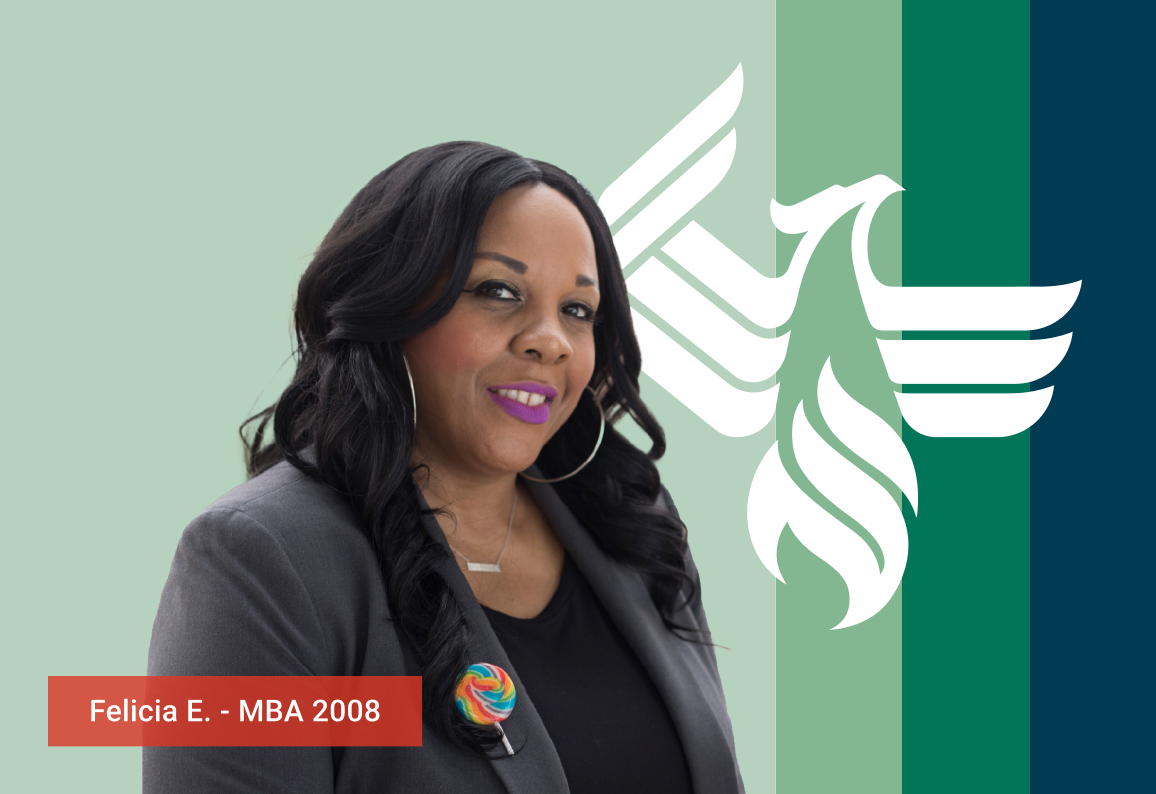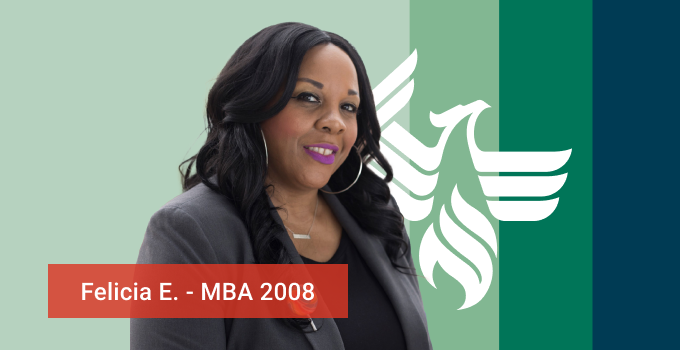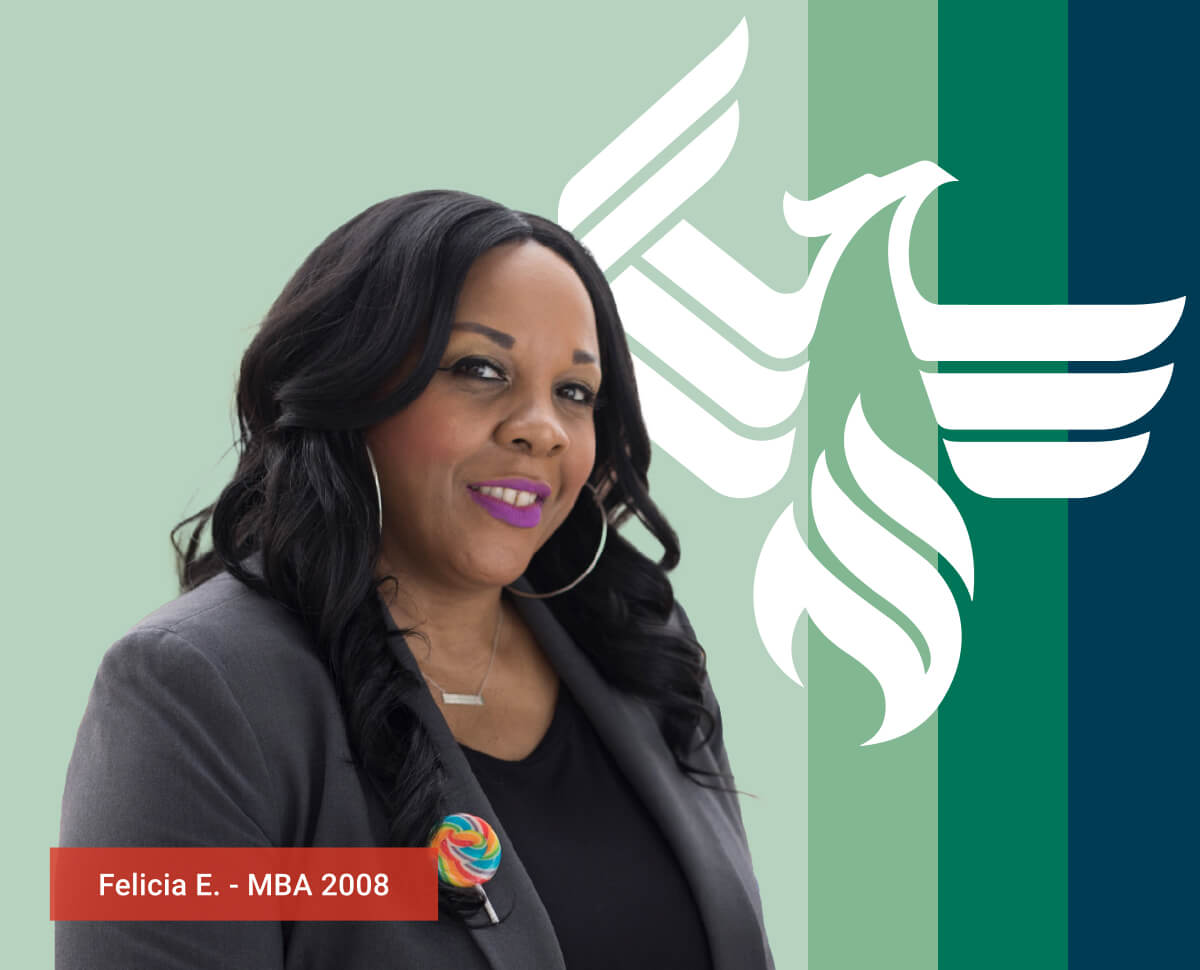How to become a career coach

Written by Michael Feder

Reviewed by Jessica Roper, MBA, director of Career Services at University of Phoenix

A career coach works with candidates who want to identify and accomplish new career goals. They often work with entry-level employees who want to achieve higher pay or more meaningful employment. In other cases, they provide career services for students looking to enter a particular field.
Skills for how to become a career coach
Career coaching provides meaningful work for enthusiastic, communicative professionals. These positions are ideal for people who want to make a meaningful impact in others' lives and help them realize their full potential.
Choosing a career that’s a good fit is a process that can take much consideration and time. But for those looking for a career that allows them to communicate and lead others toward their goals, this may be the right option.
For students who want to become a career coach, first consider traits like patience, positivity and respect are important when working in this field. Additionally, career coaches need to be flexible and supportive to empathize with clients. An effective career coach is typically someone who listens to clients’ needs and understands how to best serve as their advocate.
Career coaches should develop skills in several key areas, including:
- Interpersonal communication: Speaking and working with clients to effectively assess their needs.
- Employee motivation: Inspiring clients to become the best versions of themselves, both personally and professionally.
- Customer service: Solving problems that clients might have during any portion of their career journey.
- Behavior analysis: Providing support and guidance for clients based on their individual behavior patterns, tendencies and existing skills.
- Instruction: Teaching a client about which skills they will need to find more success in their particular field.
- Time management: Using time productively to balance client meetings, correspondence and other responsibilities.
Other skills include knowing how to operate basic technology. For example, in addition to basic internet proficiency, be familiar with a variety of software used for customer relationship management, office productivity and communication.
Steps for how to become a career coach
To prepare for this field, aspiring career coaches generally need a combination of education and experience.
1. Earn a degree
While there’s not a particular path for students who want to become a career coach, they may want to consider a bachelor’s degree in business. A business degree can teach skills in communication, management and operations. This may also help develop abilities in other relevant areas, such as inclusive leadership.
A master’s degree in business administration can help polish foundational skills in business management and operations while providing even more insight into the best ways to lead teams or individuals toward positive change.
2. Gain professional experience
Professional experience allows practical application of the skills learned in a degree program while a student transitions from the classroom to the real world.
Many aspiring career coaches prefer to gain professional experience in a controlled environment. Look for an internship or apprenticeship program that offers hands-on opportunities for learners ready to work directly with clients. This allows students to further learn from people with more experience.
The right mentor can also help a student gain professional experience as a career coach. They can teach the ins and outs of the profession, demonstrating different techniques and answering questions while a student is applying new skills. They can also help students grow their own professional network by introducing them to others in the industry.
3. Earn certifications
Many career coaches obtain certifications to improve their baseline skills and stay up to date with trends. Certification can also help emphasize professionalism and dedication to detail when speaking with potential clients about a partnership.
Common certification programs are typically approved by the International Coaching Federation, a nonprofit organization that provides respected training programs for career coaches in virtually every field. Look for a program that helps grow skills. Certification programs with mentor coaching, performance evaluation and regular exams are often well-equipped to teach skills and knowledge that will allow career coaches to better help future clients.
4. Find a job
After completing education and gaining experience in the field, it's time to begin a professional career in coaching. Although this process can be time-consuming, a network and professional knowledge can help grow potential client leads.
Make sure to take full advantage of a network. The connections made while obtaining a degree, completing certification or gaining industry experience can be useful when looking for employment. People in a network can help identify open positions, provide client or job opportunities and even teach new abilities to close skills gaps.
To work independently, a career coach needs to attract and retain their own clients. While connecting with working professionals in different industries, look for employees with big goals who are working below their potential. These individuals often make great coaching clients.
In other cases, career coaches might need to advertise their services to land new clients. They may for advertisements on popular websites or use social media to expand their reach. Some career coaches choose to write blogs or create useful videos that demonstrate their knowledge and capabilities.
Looking for skills that might help with how to become a career coach?
As noted, University of Phoenix does not have an established path that guarantees the outcome for how to become a career coach. However, UOPX’s business degrees and certificates teach leadership and management skills that can be useful in the field.
University of Phoenix (UOPX) does not offer specific certification for career coaching. However, it does have a Certificate in Leadership and Management, which teaches useful skills such as influential leadership, integrative business practices and change management. Here are a few other programs to consider:
- Associate of Arts with a concentration in Business Fundamentals
- Bachelor of Science in Business with a Leadership and Management Certificate
Contact a University of Phoenix enrollment representative for more information.

ABOUT THE AUTHOR
A graduate of Johns Hopkins University and its Writing Seminars program and winner of the Stephen A. Dixon Literary Prize, Michael Feder brings an eye for detail and a passion for research to every article he writes. His academic and professional background includes experience in marketing, content development, script writing and SEO. Today, he works as a multimedia specialist at University of Phoenix where he covers a variety of topics ranging from healthcare to IT.

ABOUT THE REVIEWER
Jessica Roper, University of Phoenix director of Career Services, is a seasoned leader with over 15 years of experience in leadership within higher education. She has honed her expertise in student services and career development and is passionate about helping others discover and refine their skills.
This article has been vetted by University of Phoenix's editorial advisory committee.
Read more about our editorial process.





